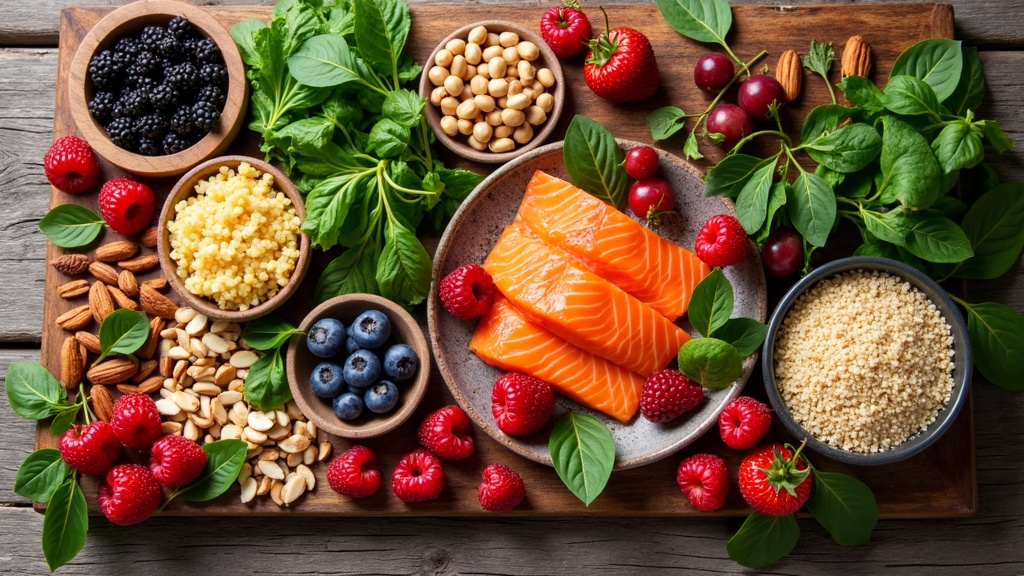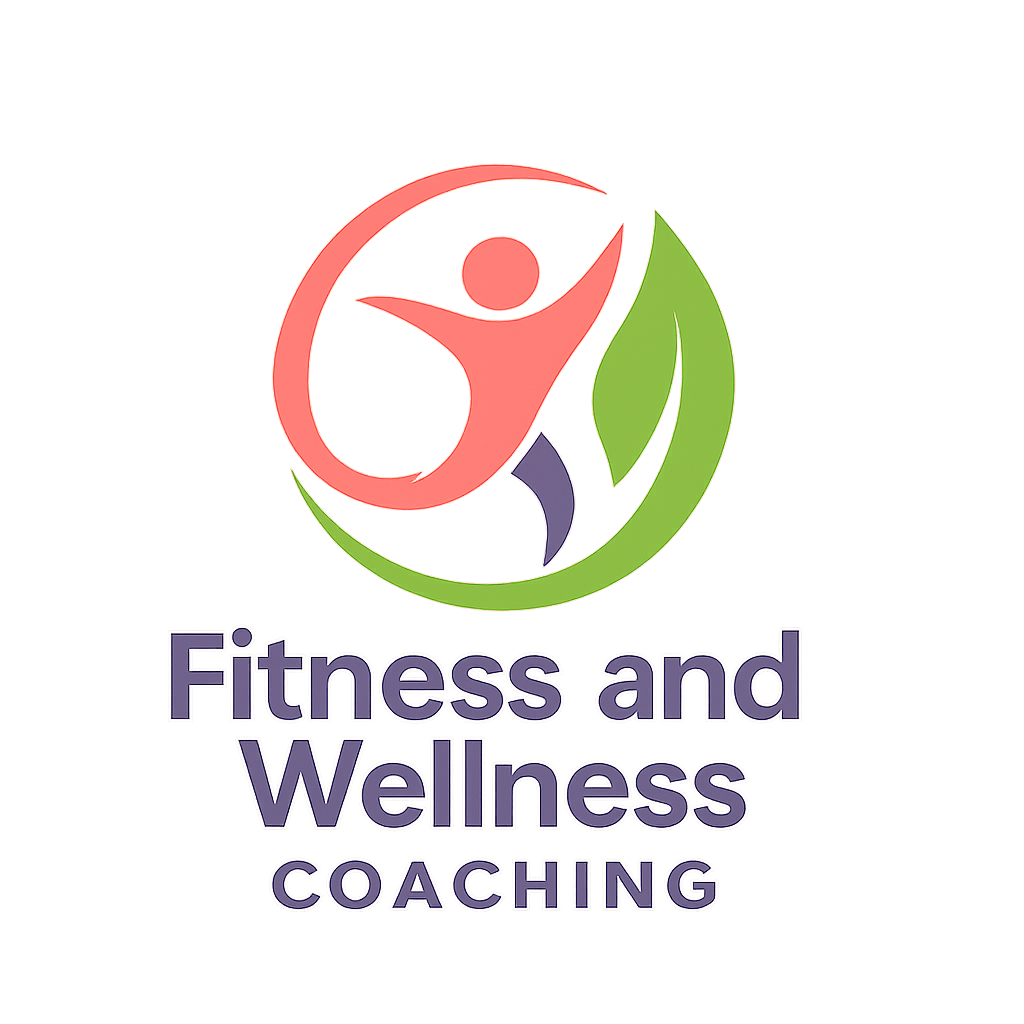If you want to get more out of every sweat session, what you eat can really change the game. Superfoods aren’t just trendy buzzwords. They’re loaded with nutrients that help muscles recover, pump up energy, and even keep your immune system strong when you’re pushing hard. Over the past few years, I’ve tinkered with my own workout nutrition, and these ten superfoods always come out on top—each time giving my performance a solid boost.

Why Superfoods Are Worth Adding to Your Workout Plan
There’s a lot of talk about superfoods, but what makes them so special for fitness fans? In my experience, it’s that they pack in a lot of nutrition for every bite. Loaded with vitamins, minerals, healthy fats, and antioxidants, these foods help reduce muscle soreness, fuel tough workouts, and keep your body humming along during even the busiest training weeks. Think of them as your nutritional “cheat codes.” They won’t do the work for you, but they sure give you an edge.
Many top athletes swear by certain foods for a reason. After a tough run or heavy lifting session, a smart recovery meal can mean the difference between quickly bouncing back or dragging for days. The right nutrition can give your workout a real boost.
My Top 10 Superfoods to Power Up Your Performance
Check out the ten superfoods I always try to keep on hand when I’m focused on muscle gains, fast recovery, or keeping my energy even throughout the day. I’m sharing notes from my own kitchen, plus the reasons each one works so well.
- Oats
Oats are my goto breakfast before morning workouts. They’re full of slowburning carbs and fiber that keep hunger away and fuel your body for the long haul. I usually mix mine with a scoop of nut butter or berries for flavor and extra nutrients. - Blueberries
These little berries come loaded with antioxidants to help protect muscles from stress and support fast recovery. I toss them in smoothies, oatmeal, or snack on them frozen after a workout. They’re also super versatile. - Spinach
Spinach is packed with magnesium and iron, two minerals that help maintain muscle function and support oxygen flow. A handful in salads or stirred into an omelet is an easy way to get your daily greens without much effort. - Sweet Potatoes
Sweet potatoes are rich in complex carbs, vitamin C, and potassium. They help recovery, balance fluid levels, and are easy to roast ahead of time for quick lunches or snacks postworkout. - Salmon
Fresh or canned, salmon is awesome because of its omega3 fatty acids, which help tone down inflammation and speed up muscle healing. It’s also a solid protein source for rebuilding muscle after tough activity. - Greek Yogurt
High in protein and probiotics, Greek yogurt is great for muscle repair and gut health—both key for feeling good during tough training blocks. I like going for plain yogurt and adding fruit or a little honey for sweetness. - Eggs
Eggs provide highquality protein and take minutes to make, which is perfect for quick preworkout or postworkout meals. They also contain choline to support muscle function. - Quinoa
Unlike most grains, quinoa serves up complete protein—meaning it gives you all the essential amino acids needed for muscle repair. I cook big batches for salads or stirfries, or just as a quick side throughout the week. - Nuts (like almonds or walnuts)
A small handful delivers a boost of protein, healthy fats, and magnesium. They’re a satisfying snack and an easy topper for yogurt or oats. Just be aware that the calories add up quickly, so stick to a moderate handful. - Chia Seeds
Chia seeds are loaded with fiber and plantbased omega3s. They keep digestion smooth and tackle inflammation. I add them to smoothies, overnight oats, or just stir a spoonful into water for a fast, energizing drink.
How Superfoods Work Their Magic During Exercise
Eating superfoods isn’t just about getting nutrients—it’s about helping your body get what it needs for every stage of your workout. Carbs keep your energy steady, protein repairs muscle fibers, and antioxidants cut down on postexercise soreness. Mixing a few superfoods into your daily eating covers those goals in an easy way.
Think about sweet potatoes and oats—both give you complex carbs that break down slowly, offering steady energy for challenging runs or training sessions. After workouts, salmon and eggs give your body highquality protein, while a handful of blueberries or fresh spinach loads you up with essential micronutrients for fast recovery and a strong immune system.
Tips for Adding Superfoods to Meals and Snacks
Half the challenge is making superfoods easy to eat, especially when time is tight or you’re just too tired after training. These tricks help me get the most from these powerhouse foods with minimal fuss:
- Blend into Smoothies: A quick shot of spinach or blueberries in your smoothie delivers nutrients first thing in the day and tastes great.
- Prep Snacks Ahead: Roast sweet potato wedges, cook quinoa in bulk, or stash a small bag of nuts in your gym bag for instant hunger fixes.
- Mix & Match Bowls: Top Greek yogurt with chia seeds, nuts, and a swirl of honey for a next-level cool postworkout snack.
- Bake with Oats: Whip up homemade protein bars with oats, nuts, and honey—these are tastier and usually more nutritious than storebought options.
Once you figure out how to work superfoods into daily meals, you’ll notice sharper focus, more well-paced energy, and a whole lot less soreness after tough training blocks.
Common Challenges and What to Watch For
Superfoods might look next-level cool on social media, but using them in real life can be tricky. Here’s what I’ve had to figure out for myself and what you might see, too:
- Cost: Fresh berries and wild salmon stretch the grocery bill. I go for frozen berries, canned or frozen fish, and choose inseason veggies to save money.
- Time: I’m not a fan of fancy meal prep on busy weeks. Washing, chopping, or roasting ahead—like prepping spinach or sweet potatoes—can shave minutes off weekday meals.
- Allergies: If you’re allergic to nuts or dairy, use seeds or lactosefree yogurt instead. There’s always a good swap, and you’ll find a mix that’s right for your needs.
A little planning smooths the way, so you get the full benefit of superfoods without needing to clear out your local health store.
Boosting Results with Hydration and Balance
Don’t just zero in on “super” foods; staying hydrated and eating well-balanced meals boosts your results just as much. I always make sure to up my water intake and include a mix of carbs, protein, and healthy fat at each meal. This keeps my workouts strong and makes recovery easier. Superfoods help give you a boost, but they shine brightest as part of a bigger, balanced approach.
Superfoods FAQ
People check in with me all the time about food and fitness. Here are some of the top questions I hear, along with my honest answers:
Question: Do I need all these superfoods to see results?
Answer: Nope. Just pick a few that fit your routine and budget, and rotate them. Consistency beats out perfection any day.
Question: Will superfoods help with weight loss?
Answer: Superfoods support feeling full and good nutrition, but steady habits and training are what spark real change. Use them alongside a healthy plan for best results.
Question: Can I just eat a superfood supplement?
Answer: Whole foods offer a bigger range of nutrients and are more satisfying. Supplements are handy sometimes, but fresh food brings bigger rewards and better results for me.
Bottom Line
The right foods help you get more from every workout, push past old limits, and feel great along the way. Superfoods are a practical route to flooding your meals with nutrition, without needing a drastic diet overhaul. A few simple swaps each day can add up to big benefits—no matter if you’re a seasoned athlete or just jumping into your fitness adventure. Happy training!
